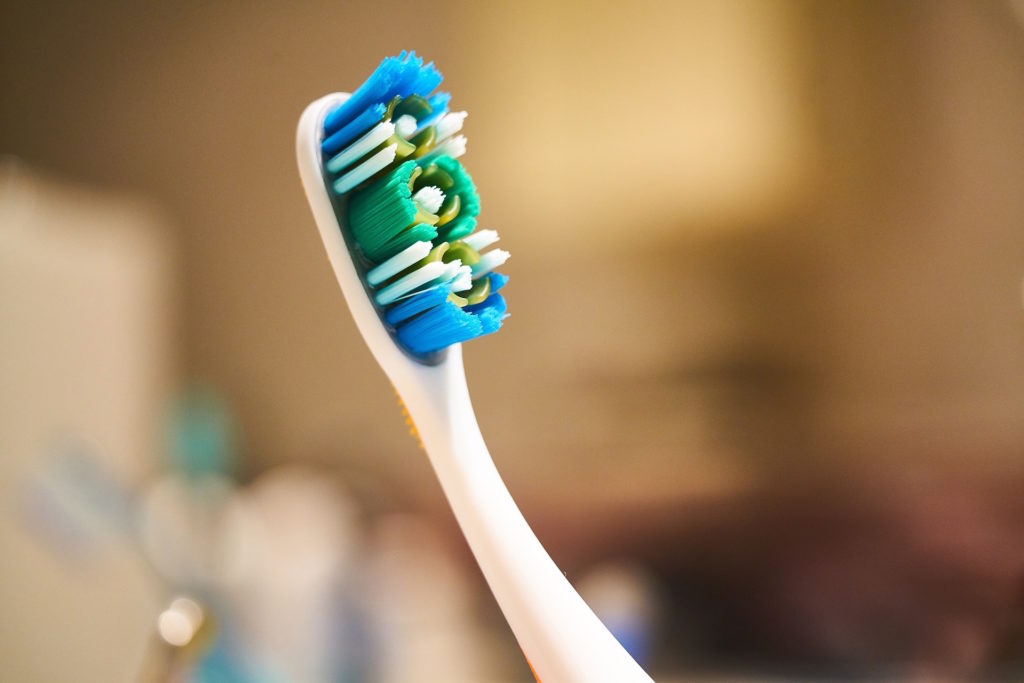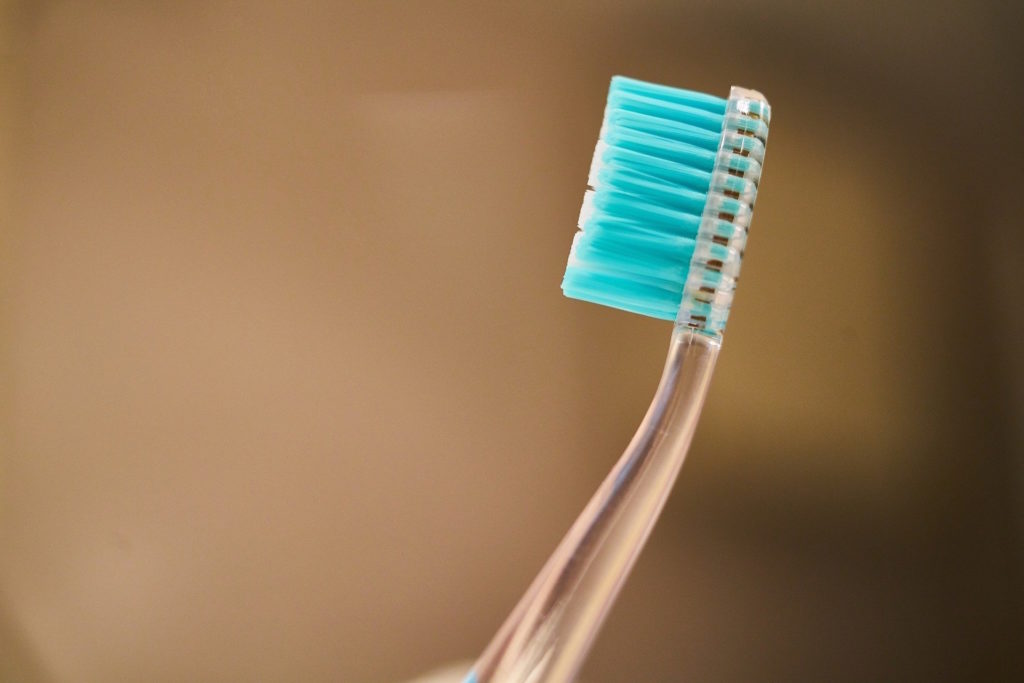Blog
The Great Toothbrush Debate
Electric or Manual Toothbrushes: The Choice Is Yours
Looking for an excuse to buy a brand new toothbrush? June 26 is National Toothbrush Day, which means now is the perfect time to embrace preventative dental care and invest in a fresh toothbrush.
As technology has advanced, we’ve seen a plethora of electric and manual toothbrushes come on the market. With so many options available, we’re often asked which toothbrush is best. While both types are effective at ridding your teeth of plaque and bacteria, one option may work better for you than the other. To aid your toothbrush choice, we’ve laid out the pros and cons of electric and manual toothbrushes.
Why Is Brushing So Important?
Simply put, brushing your teeth is your first line of defense against tooth decay. It keeps bacteria-causing debris out of the crevices of your teeth, which lowers your chance of developing cavities, gingivitis and other dental issues. Regardless of what type of toothbrush you choose, it’s necessary to brush twice a day for at least two minutes each time. Brushing your teeth is just one aspect of keeping the cavities away. To ensure the longevity of your smile, make sure you schedule dental cleanings twice a year to thoroughly clean your teeth and rid them of the tartar buildup that normal daily brushing can’t quite get.
Schedule your dental cleaning at Perimeter Dental Group to keep your teeth in tip-top shape!
Electric Toothbrushes: Pros & Cons

Just about every major dental care brand features an electric toothbrush option, not to mention the slew of “indie” toothbrush brands. With so many options, it’s important to know the pros and cons of electric toothbrushes.
Pros
- In a 2019 review, and a 2014 study, researchers found that electric toothbrushes reduced plaque by 11% in the short term and 21% in the long term compared to their manual counterparts.
- For those with dexterity issues or limited mobility, electric toothbrushes can offer a simpler, more accessible method for cleaning teeth. The vibrations of electric toothbrushes make them easier to use without vigorous arm and hand movements. Basically, the toothbrush does most of the work!
- If you’re more conscious of your carbon footprint, you may want to consider switching to an electric toothbrush. Though you’ll need to replace the head of an electric toothbrush every few months, it’s still less plastic waste than a typical manual toothbrush.
- One observational study showed that brushing with an electric toothbrush may improve focus while brushing. Focusing on your brushing means a cleaner mouth and less plaque, which, in turn, improves your oral health.
Cons
- Perhaps the biggest con of the electric toothbrush is the cost. They are, without a doubt, more expensive than manual toothbrushes, with prices ranging from $15 to $250 per brush. Not to mention, you’ll need to purchase replacement heads, which can run you between $10 and $45 per pack, depending on the brand. Even if you go with a cheaper option, you will be spending more than if you chose to buy a manual toothbrush.
Manual Toothbrushes: Pros & Cons

Manual toothbrushes are the timeless, go-to tool for cleaning your teeth. (Fun fact: the first mass-produced toothbrush was created by William Addis from Clerkenwald, England, around 1780, with mass production in America beginning around 1885.) Here are the pros and cons of the original tooth-cleaning tool.
Pros
- Manual toothbrushes are very accessible. You can find them at just about any grocery store, dollar store or pharmacy. You can even pick one up at the gas station.
- Manual toothbrushes are extremely affordable, too. You can usually pick one up for $1 to $3. If you want to stock up, you can usually buy a pack for under $5.
- Despite not having the bells and whistles of electric toothbrushes, manual toothbrushes are still very effective at removing plaque and preventing gingivitis. In fact, a 2012 review found that plaque was reduced by 42% when using a manual toothbrush.
Cons
- If you use a manual toothbrush, keep in mind how hard you’re brushing. Brushing too hard with abrasive bristles can damage your gums and, in extreme cases, lead to gum recession. You should ONLY use soft bristle toothbrushes.
- Studies have found that those who brush with a manual toothbrush are more likely to miss hard-to-reach spots. This can give bacteria and plaque an opportunity to fester and cause cavities and gingivitis.
- As we’ve mentioned, some studies have found that manual toothbrushes are lacking when it comes to thoroughly cleaning your teeth. If you’re looking for a more in-depth teeth cleaning option, you may want to consider an electric toothbrush.
- Using a manual toothbrush means you’ll have to replace the full toothbrush about every three months. Over one person’s lifetime, this generates quite a bit of plastic waste. While electric toothbrushes require a replacement head every few months, too, it’s about one-quarter of the length of a manual toothbrush, which potentially means less plastic waste overall.
The Toothbrush Takeaway

Both electric and manual toothbrushes are effective at removing plaque, cleaning your teeth and preventing future dental issues, however electric options may make brushing easier, more effective and more fun. We sell an electric toothbrush at our office, Philips Sonicare, if you’re interested. On the other hand, you can’t go wrong with a classic, cost-effective manual toothbrush which we provide free of charge with every cleaning. Your choice really just depends on personal preference and what works best for your needs. If you still have questions about what toothbrush is right for you, or if you have any other dental related concerns, get in touch with a Perimeter Dental Group team member below!